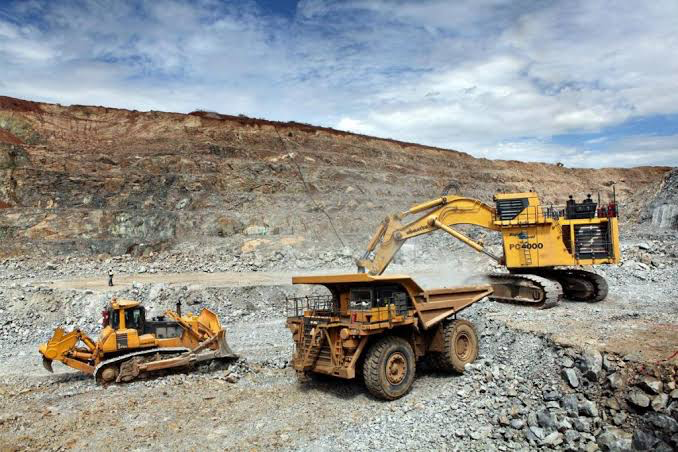As the world shifts towards cleaner energy, Africa’s rich mineral resources are becoming more crucial than ever. Experts say that Africa holds about a third of the world’s minerals needed for this energy transition. This means that the continent could play a big role in producing the materials required to support a low-carbon future. However, tapping into these resources needs to be done carefully and responsibly.
Africa is home to vast deposits of minerals like cobalt, copper, lithium, manganese, and platinum group metals. These minerals are essential for technologies that support renewable energy, like batteries for electric cars and systems for storing solar and wind energy. With the growing demand for these minerals, companies are looking to Africa to supply these critical resources.
According to Vis Reddy, chairman of SRK Consulting South Africa, mining has the potential to transform economies in mineral-rich African countries. However, he also cautions that the mining industry today is expected to do much more than just extract resources. It must also contribute positively to the economic and social development of the communities where it operates.
Mining in Africa comes with its own set of challenges. In some countries, the mining sector is still in its early stages, which can create uncertainty for investors. The legal and regulatory frameworks might not be well-defined, making it hard for companies to plan and execute projects. Additionally, infrastructure like roads and power supply may not be adequately developed, complicating mining operations further.
Dominique Sambwa, chairman of SRK Consulting Congo, points out that it can take over a decade to move from discovering a mineral deposit to establishing a full-fledged mine. This timeline can stretch even longer if there are delays due to unclear regulations or lack of infrastructure.
Moreover, as Andrew van Zyl, managing director of SRK Consulting South Africa, explains, there are no shortcuts in developing a successful mining project. From initial exploration to compliance with environmental, social, and governance (ESG) standards, every step must be carefully planned and executed. Any misstep can lead to significant delays and increased costs.
To ensure that mining contributes to sustainable development, companies must adhere to global standards and best practices. This includes following the Equator Principles and the Mining Principles of the International Council on Mining and Metals, which set guidelines for ethical and sustainable mining operations. Companies must also align with the United Nations Sustainable Development Goals and the Paris Agreement on climate change, which aim to protect the environment and improve the quality of life for all.
According to experts, responsible mining in Africa involves more than just extracting minerals. It requires engaging with local communities, conducting thorough environmental and social impact assessments, and integrating diverse skill sets to manage the project effectively. This holistic approach helps ensure that mining not only meets global demand for minerals but also supports the sustainable development of host countries.
As Africa becomes more central to the global energy transition, it’s crucial for the mining industry to balance the need for minerals with the responsibility to protect the environment and uplift local communities. By adopting a strategic, well-informed approach, mining companies can help lead the way to a greener, more sustainable future.
Source: Mining.com



